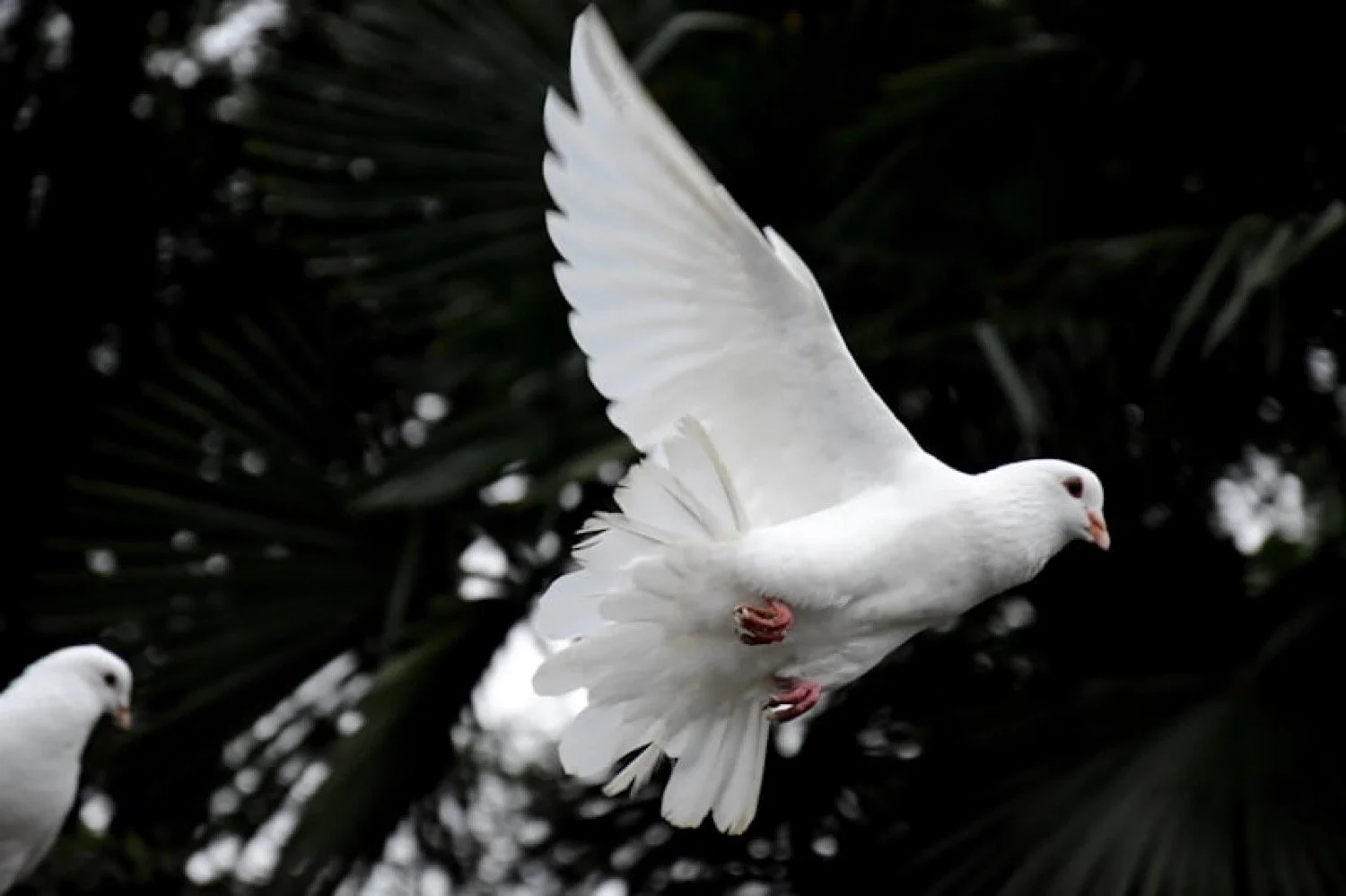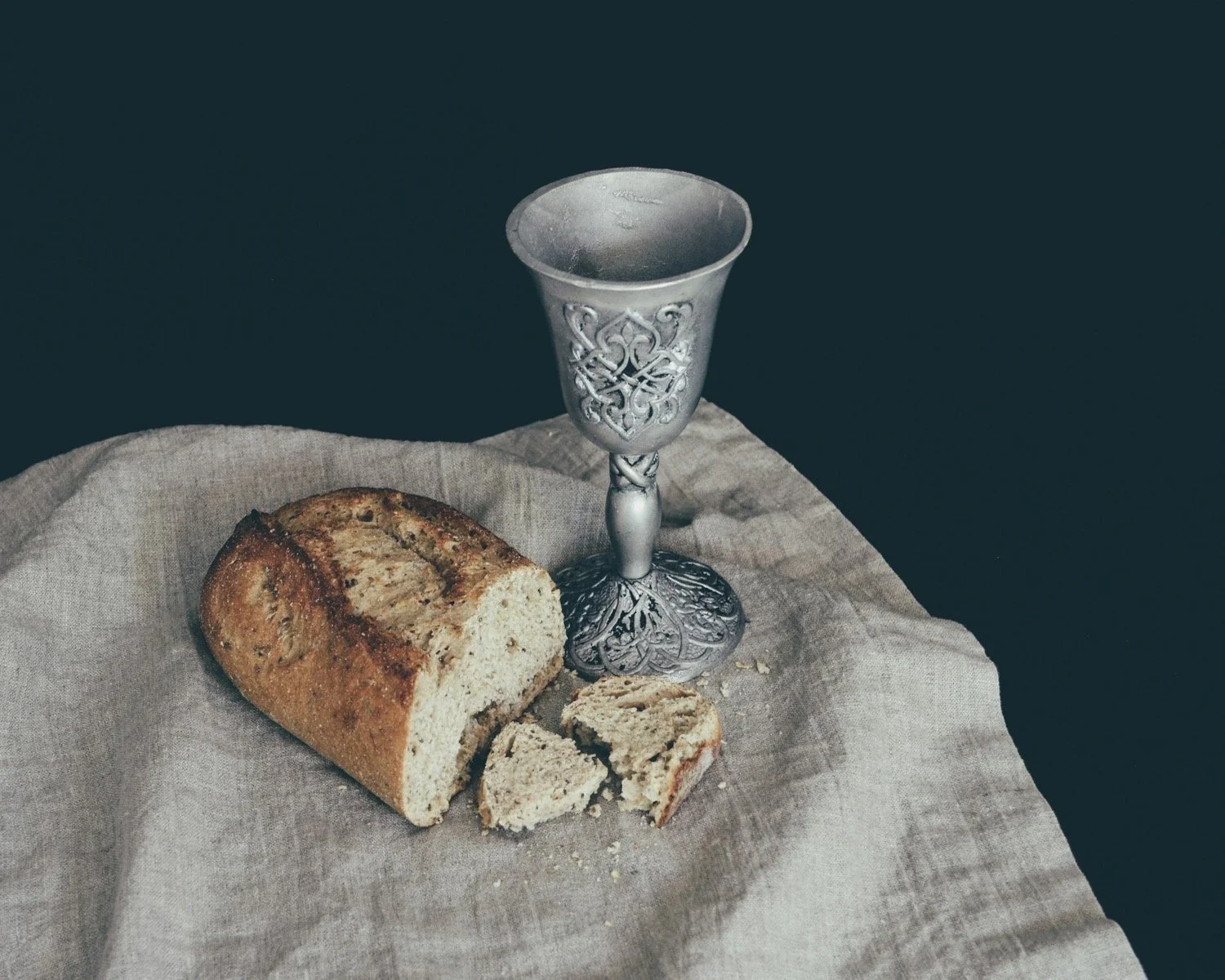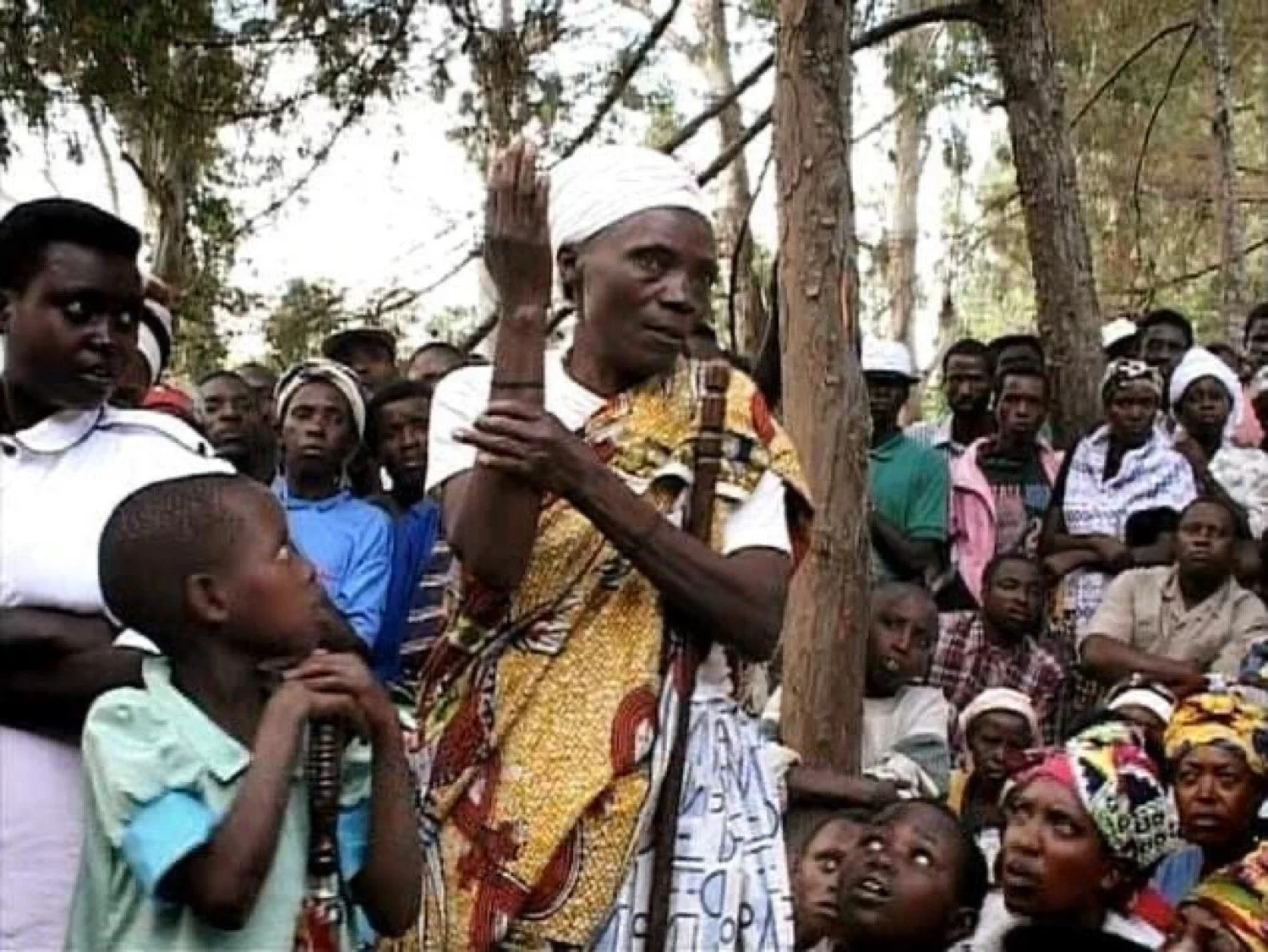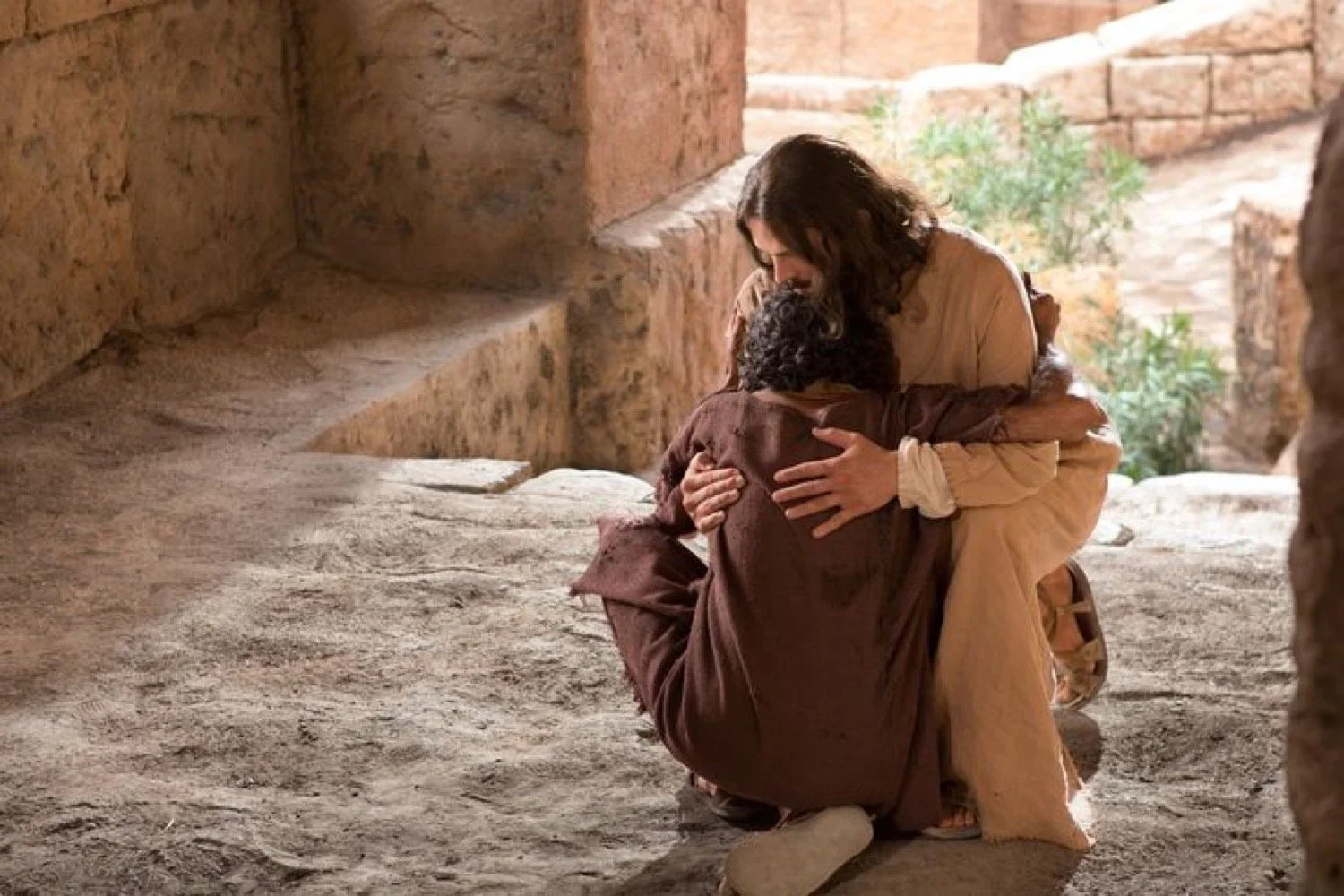Readings for today: Isaiah 18-22, Psalms 113
Egypt. The land of slavery. The land of oppression. The land of attempted genocide. For hundreds of years, the people of Israel labored there under the whip. Beaten. Abused. Dying young. Their children born to a life of hard labor. Powerless. Helpless. Hopeless. It was a life of constant pain. Constant torment. Constant suffering. Even after they were delivered by God, Egypt continued to be a thorn in their side. Invading. Killing. A perpetual threat on their southern border. It’s tough to overstate the hatred and enmity between these two nations. And yet, God loves the Egyptians.
Assyria. One of the most powerful and brutal empires in the ancient world. They fielded the world’s first professional army. Developed advanced technology like iron weapons and war chariots. They weaponized terror as a military tactic. And they were absolutely ruthless when it came to putting down resistance. They would sack cities. Displace entire people groups. Employed horrific public torture as a means of psychological warfare. Israel hated them. Israel feared them. It’s why Jonah ran to Joppa rather than go to Nineveh. He simply couldn’t stomach the sight of his enemies. And yet, God loves the Assyrians.
The Book of Isaiah is often called, “The Gospel of the Old Testament” and today’s passage is a good reason why…“On that day there will be an altar to the Lord in the center of the land of Egypt and a pillar to the Lord near her border. It will be a sign and witness to the Lord of Armies in the land of Egypt. When they cry out to the Lord because of their oppressors, he will send them a savior and leader, and he will rescue them. The Lord will make himself known to Egypt, and Egypt will know the Lord on that day. They will offer sacrifices and offerings; they will make vows to the Lord and fulfill them. The Lord will strike Egypt, striking and healing. Then they will turn to the Lord, and he will be receptive to their prayers and heal them. On that day there will be a highway from Egypt to Assyria. Assyria will go to Egypt, Egypt to Assyria, and Egypt will worship with Assyria. On that day Israel will form a triple alliance with Egypt and Assyria — a blessing within the land. The Lord of Armies will bless them, saying, “Egypt my people, Assyria my handiwork, and Israel my inheritance are blessed.” (Isaiah 19:19-25 CSB)
This is an incredible passage pointing to an even more incredible reality. The unconditional nature of God’s grace. It comes to us all. Jew and Gentile alike. Egyptian, Assyrian, and Israelite alike. Republican and Democrat alike. Progressive and conservative alike. Black, white, and brown alike. It is no one’s possession. No one has a right to claim it for their own. No one is more privileged than another in the eyes of God. All have sinned and fallen short of His glory and all stand in need of His grace. This is why Jesus gives us this command…”Love your enemies and pray for those who persecute you, so that you may be sons and daughters of your Father who is in heaven. For he makes his sun rise on the evil and on the good, and sends rain on the just and on the unjust. For if you love those who love you, what reward do you have? Do not even the tax collectors do the same? And if you greet only your brothers and sisters, what more are you doing than others? Do not even the Gentiles do the same? You therefore must be perfect, as your heavenly Father is perfect.” (Matthew 5:43-48 CSB) Jesus knows there are no “enemies” in His Kingdom. No “enemies” beyond His reach. No “enemies” beyond His salvation. Jesus knows there is not a single person or single power on this earth who can stand before His love. Jesus holds the power to turn mortal enemies into family. Jesus holds the power to overcome hate and anger and the desire for vengeance with mercy and forgiveness. Jesus holds the power to transform even the hardest hearts. The question is…do we believe Him? Do we trust Him? And do our lives and our conduct and our speech and our interactions reflect this deep and glorious truth?
Readings for tomorrow: Isaiah 23-27, Psalms 114




